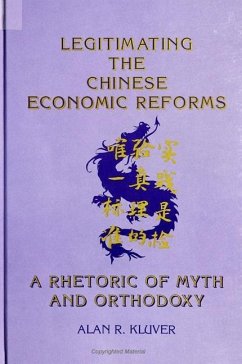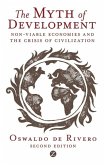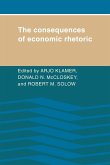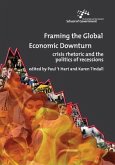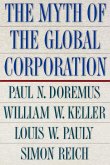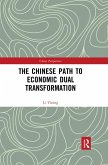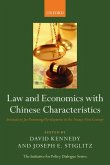The reform program of Deng Xiaoping in the People's Republic of China constitutes one of the most significant political and social change programs in recent history. A singularly important question arises from this experiment: How does a nation implement a stock market and call it Marxism? This book answers this question by examining the official discourse bridging the gap between the reform policies and orthodox Marxism. Focusing on Chinese Communist Party Congresses and the Resolution on CPC History, the author extends recent writings on the reforms by analyzing the ways in which the Chinese leadership justified the reforms, in the face of social and economic turmoil, such as the 1989 Tiananmen Square movement. Also examined is the role of discourse in the Chinese political culture. The author argues that legitimacy of the government in China rests on two factors: the national myth of revolution and ideological orthodoxy. These serve the same legitimating functions in the Communist political culture as the Confucian doctrines of the Mandate of Heaven and virtue, providing continuity in political discourse across the centuries, although the political systems have changed drastically.

